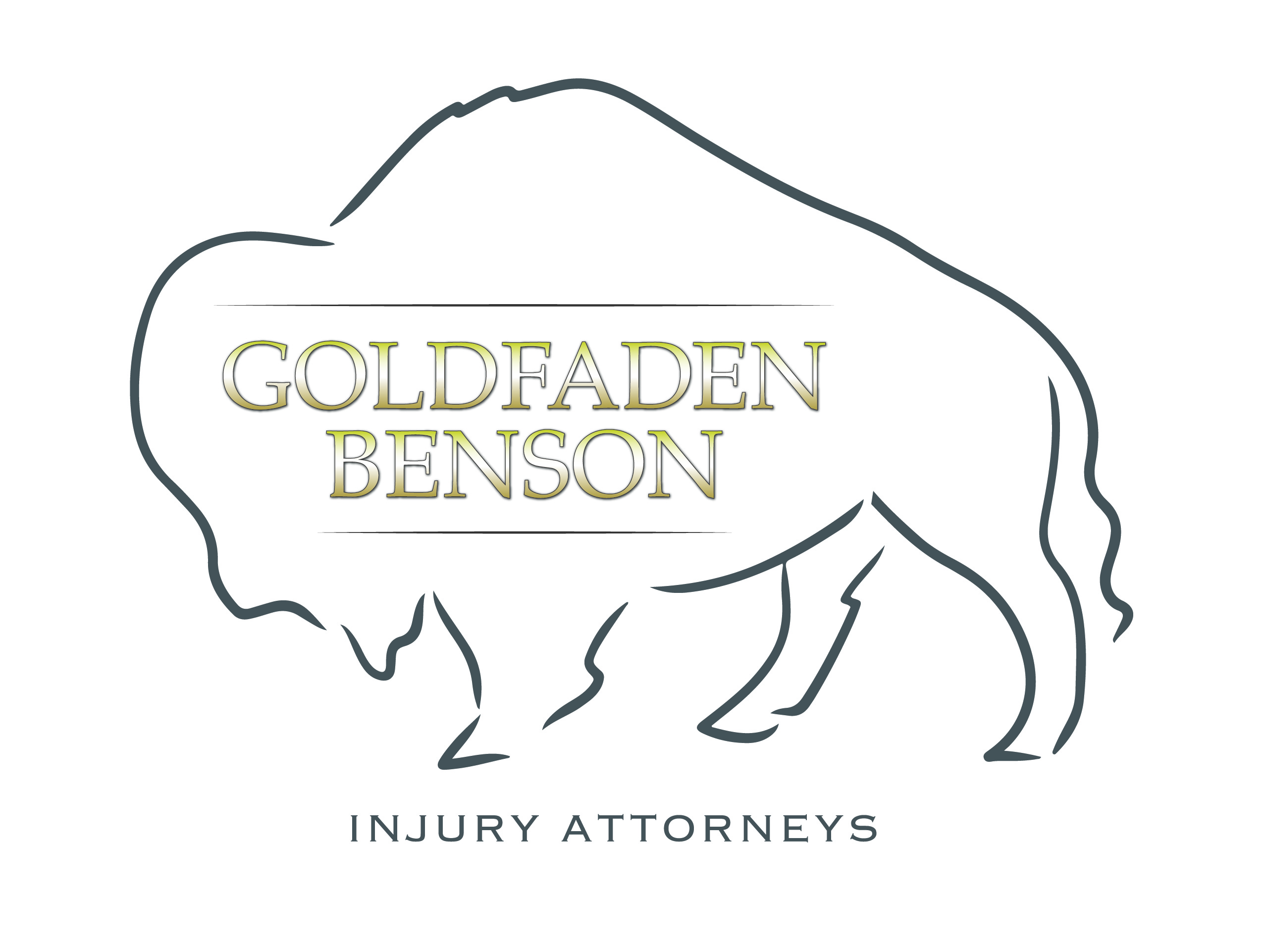Abuse of Process: Understanding the Legal Elements
The civil cause of action known as "abuse of process" is a legal claim that arises when one party misuses the legal system for a purpose that the legal process was not intended to serve. This can occur in various contexts and is often tied to an ulterior motive or improper use of judicial mechanism.
What You Need to Prove
To establish a claim for abuse of process, a plaintiff must demonstrate four key elements:
1. **Involvement of Legal Procedure**: The plaintiff must prove that the defendant engaged in a certain legal procedure. This could be the act of initiating a lawsuit, serving discovery requests, or other court actions.
2. **Improper Purpose**: The defendant must have intentionally used that legal procedure for a purpose other than what it was designed to achieve. For example, if someone uses a court summons to coerce someone into settling a personal dispute, this could qualify as abuse of process.
3. **Harm to the Plaintiff**: The plaintiff must show that they suffered harm as a result of the defendant's actions. This is an essential part of proving the case, as harm is necessary to establish liability.
4. **Causation**: Lastly, the plaintiff must prove that the defendant’s conduct was a substantial factor in causing that harm. This means connecting the dots between the abuse of legal process and the resulting negative impact on the plaintiff.
Relatable Scenarios
Imagine a business owner who is sued by a competitor not to resolve a legitimate business dispute, but rather to create a financial burden, thus driving them out of business. Should the owner demonstrate that the competitor conducted this legal strategy with an improper motive and caused real damage to their business, they might have a viable claim for abuse of process.
Why Is This Important?
Abuse of process is critical to ensuring that the legal system remains a venue for fair access to justice, not a weapon for manipulation or oppression. It emphasizes that while individuals have the right to use the courts, that right is not absolute when it comes to using the process improperly.
If you suspect you are a victim of abuse of process or need further clarification on other legal topics, consider reaching out to learn more about your options. You can contact Goldfaden Benson for guidance. What experiences or insights do you have regarding the legal processes? Share your thoughts in the comments!







